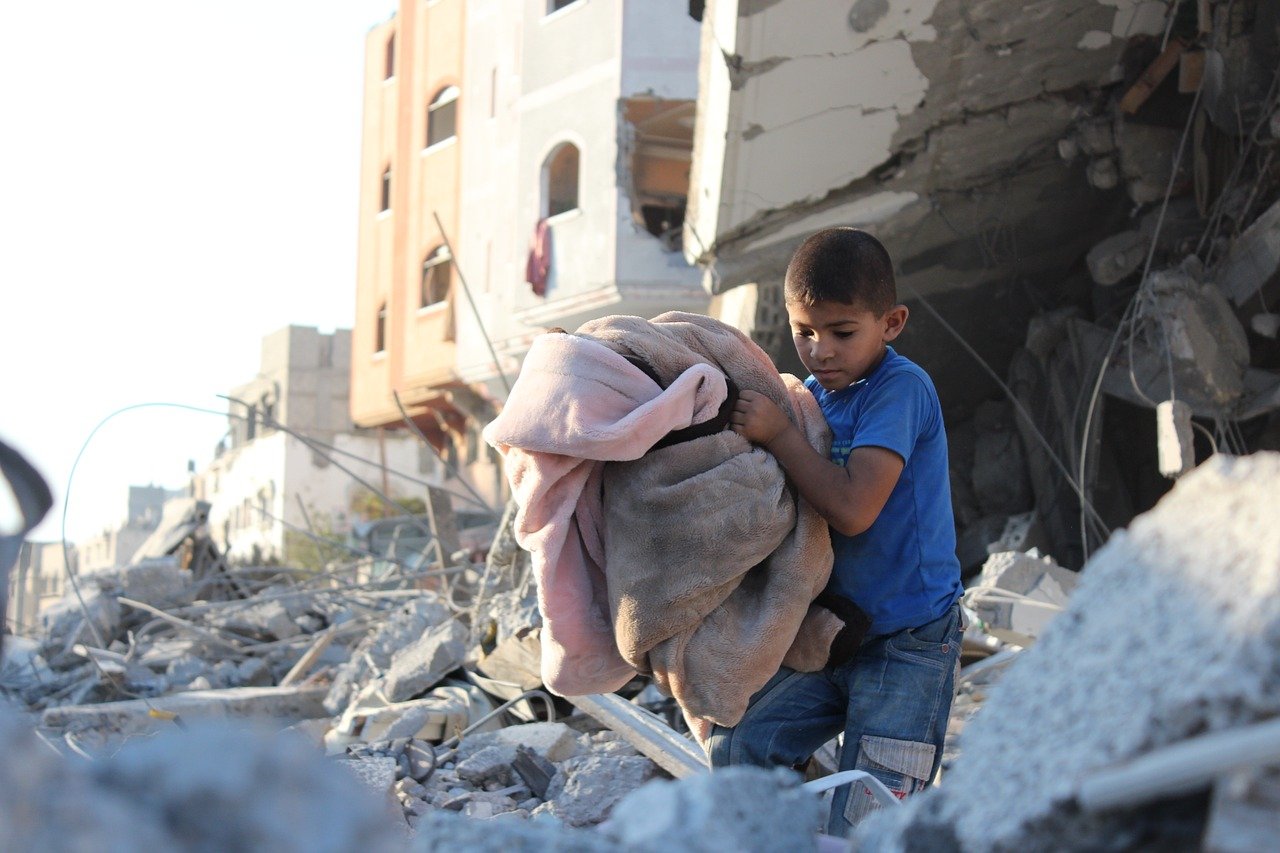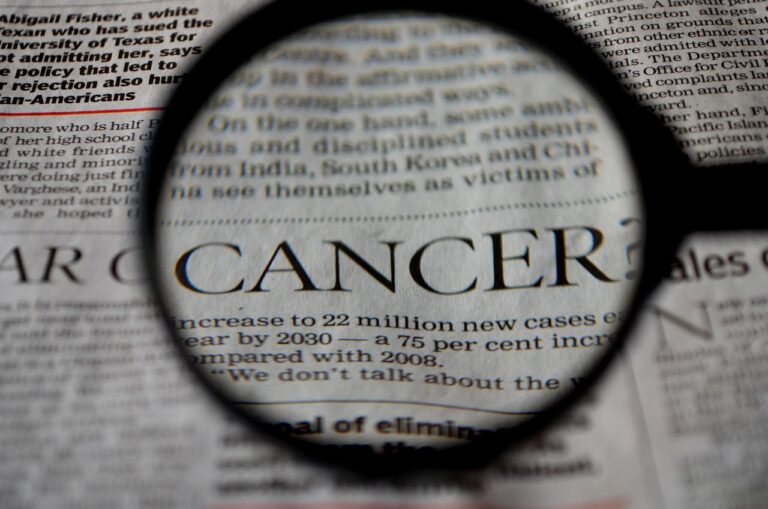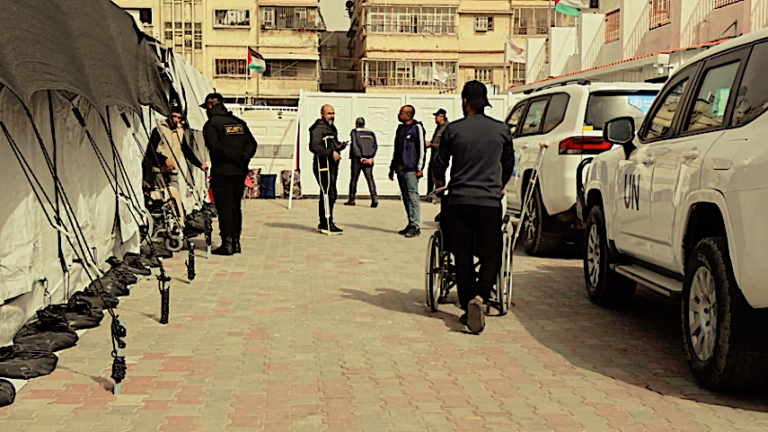
Netanyahu disagrees with the US about post-war Gaza
Washington/New York/Cairo/Geneva/Jerusalem/Tel Aviv: The United States (US) today claimed that despite disagreements, “American leadership is critical both in this conflict and to broader issues in the region (Gaza)”. The statement came a few days after the United Nations Security Council (UNSC) failed to adopt a resolution drafted by the United Arab Emirates and co-sponsored by close to 100 countries, calling for an immediate humanitarian ceasefire in Gaza, due to US veto, on December 8, 2023.
The American was the only veto on the Security Council draft resolution calling for an immediate humanitarian ceasefire.
On a question whether the US was getting isolated on the issue, US State Department Spokesperson Matthew Miller responded: “So, I would answer that by saying every time we engage with one of our partners in the region and our partners around the world what the Secretary hears is the indispensability of American leadership, both in helping to resolve this conflict and bring an end to it that guarantees the destruction of Hamas and in planning for the days and weeks and months and years to come. Now, that doesn’t mean that we have agreements with everyone in the region about the best way forward. Obviously, we don’t. There are a number of countries that have called for a ceasefire. We’ve made clear that while we support humanitarian pauses, we think a ceasefire that would allow the leadership of Hamas that plotted and planned October 7th to continue to carry on in Gaza and plan future attacks is one that’s unacceptable.”
While the US claimed that it was trying to work on how to achieve a lasting, secure peace for the Palestinian people and the Israeli people and the establishment of an independent Palestinian state, US Secretary of State Antony J. Blinken spoke today with Israeli War Cabinet member Minister Benny Gantz to discuss ongoing efforts to facilitate the safe return of all remaining hostages, further increase levels of humanitarian assistance, and prevent the conflict from expanding. Blinken stressed the urgent need for affirmative steps to de-escalate tensions in the West Bank and reiterated that Israel must take all possible measures to avoid civilian harm. He emphasized that the United States remains committed to advancing tangible steps towards the realisation of a Palestinian state.
However, has the US erred on Gaza? Today Israel’s Prime Minister Benjamin Netanyahu, on one hand “greatly” appreciated the American support for destroying Hamas and returning the hostages, disagreed with the Americans about ‘the day after Hamas’. He emphatically said, “I would like to clarify my position: I will not allow Israel to repeat the mistake of Oslo”. He declared that he will not allow the entry into Gaza of those “who educate for terrorism, support terrorism and finance terrorism. Gaza will be neither Hamastan nor Fatahstan”, and hoped “we will reach agreement here [with the US] as well.
While Netanyahu appears adamant, UN Secretary-General António Guterres told the UNSC earlier on October 8, 2023, that there was a high risk of the total collapse of the humanitarian support system in Gaza, “which would have devastating consequences”. He noted that between December 3 and 5, 2023, the UN could only distribute aid in one of Gaza’s five governorates — Rafah. Elsewhere, access was impossible.
Guterres further pointed out that more than 130 of his colleagues had already been killed, many with their families, which was the largest single loss of life in the history of the UN Organization. He also mentioned that about the reported killing of over 17,000 Palestinians since the start of Israel’s military operations, which included more than 4,000 women and 7,000 children. “Tens of thousands are reported to have been injured, and many are missing, presumably under the rubble. All these numbers are increasing by the day,” he stated.
On Gaza, Martin Griffiths, the United Nations Emergency Relief Coordinator, warned in Doha that the situation was getting worse. Multiple health facilities and personnel were attacked across the Gaza Strip over the weekend. They included Al-Yemen Al-Saeed Hospital and Al Awda Hospital in Jabalia camp.
Today, the World Health Organization (WHO) reiterated its call for the protection of health care and humanitarian assistance in Gaza, following military checkpoint delays and detention of health partners during a mission to transfer critically ill patients and deliver supplies to a hospital in northern Gaza. During the mission, a patient reportedly died.
On December 9, 2023, a WHO team, in collaboration with the Palestine Red Crescent Society (PRCS) and the United Nations Office for the Coordination of Humanitarian Affairs (OCHA), and with support from the United Nations Department of Safety and Security (UNDSS), completed a high-risk mission to Al-Ahli Hospital in Gaza City to deliver medical supplies, assess the situation in the hospital, and transfer critically-injured patients to a hospital in the south.
During the mission to the heavily destroyed Gaza City, WHO staff said they saw hundreds of people, including women, elderly people, youth, and children, who seemed surprised to see aid workers in the area given the highly volatile situation and insecurity.
WHO staff described Al-Ahli Hospital as in a state of “utter chaos and a humanitarian disaster zone.” It was extremely congested with many displaced people and over 200 patients, while it only had enough resources to support 40 beds – half of its original bed capacity. The building had sustained substantial damage because of the hostilities.
Doctors said the situation was “beyond control” as they faced shortages of fuel, oxygen, and essential medical supplies, as well as a lack of food and water for patients and themselves. Health staff capacity was minimal, nursing care was “extremely limited”, and the hospital was relying heavily on volunteers.
Faced with vast numbers of trauma patients inside the hospital, and outside on the street, doctors were forced to prioritize who received care and who did not. They were treating many serious cases in the hospital’s corridors, on the floor, in the hospital chapel, and even in the street. The hospital was severely short-staffed, and it lacked the ability to perform vascular operations. Limb amputations were decided as the last resort to save lives.
The mission delivered trauma and surgical supplies, enough to treat 1500 patients, to the hospital, and transferred 19 critical patients with 14 companions to Nasser Medical Complex in south Gaza, where they could receive a higher level of care. On the way north, the UN convoy was inspected at the Wadi Gaza checkpoint, and ambulance crew members had to leave the vehicles for identification. Two Palestine Red Crescent Society (PRCS) staff were detained for over an hour, further delaying the mission. WHO staff saw one of them being made to kneel at gunpoint and then taken out of sight, where he was reportedly harassed, beaten, stripped and searched.
As the mission entered Gaza City, the aid truck carrying the medical supplies and one of the ambulances were hit by bullets.
On the way back towards southern Gaza, with the patients from Al-Ahli Hospital on board, the convoy was again stopped at the Wadi Gaza checkpoint, where PRCS staff and most of the patients had to leave the ambulances for security checks. Armed soldiers searched critical patients remaining in the ambulances.
One of the same two PRCS staff temporarily detained earlier on the way in was taken for interrogation a second time. The mission made numerous attempts to coordinate his release, but eventually—after more than two and a half hours—had to make the difficult decision to leave the highly dangerous area and proceed, for the safety and well-being of the patients and humanitarian workers. (Three ambulances carrying extremely critical patients had already continued onwards earlier, while three remained with the convoy.) PRCS reported afterwards that during the transfer process, one of the injured patients died, as a result of his untreated wounds.
The PRCS staff member was released later that night after joint UN efforts. Yesterday, the WHO team met him, as well as his father, supervisor, and colleagues. He said he was harassed, beaten, threatened, stripped of his clothes, and blindfolded. His hands were tied behind his back and he was treated in a degrading and humiliating manner. Once released, he was left to walk towards the south with his hands still tied behind his back, and without clothes or shoes.
Detentions had happened previously during humanitarian missions in Gaza.
On November 18, six people from the Ministry of Health and PRCS were detained during a WHO-led mission to move patients from Al-Shifa Hospital. Four people–three from the Ministry of Health and one PRCS staff—are still in detention, more than three weeks later. There was no information on their well-being or whereabouts. “This is unacceptable,” WHO stated and reiterated its call for their legal and human rights to be respected.
“Obstructing ambulances and attacks on humanitarian and health workers are unconscionable. Healthcare, including ambulances, are protected under international law. They must be respected and protected in all circumstances,” WHO stated. It added that the difficulties faced by this mission illustrated the shrinking space for humanitarian actors to provide aid within Gaza, even though access was desperately needed to alleviate the catastrophic humanitarian situation.
WHO claimed it remained firmly committed to staying in Gaza and assisting the population, but as hostilities increase across Gaza, aid falls short of needs, and the humanitarian support system is on the verge of falling apart.
– global bihari bureau





